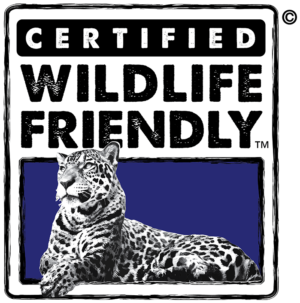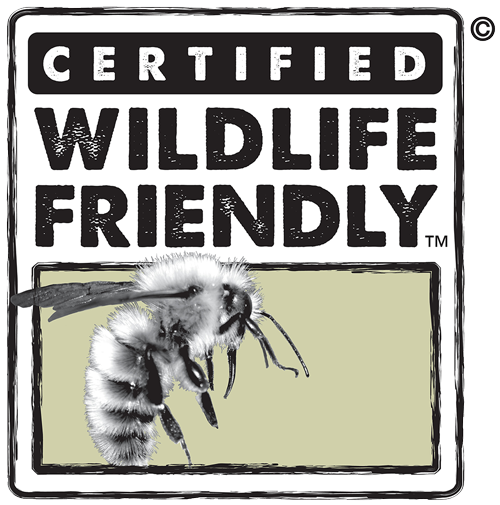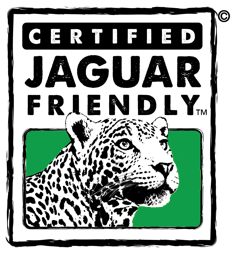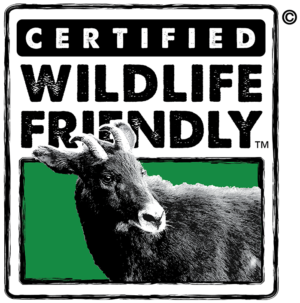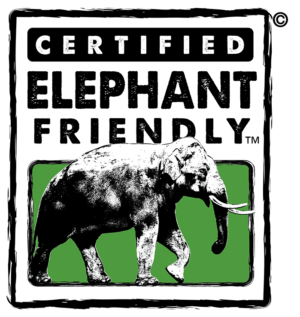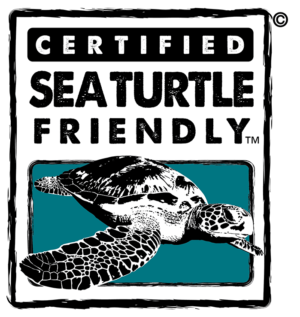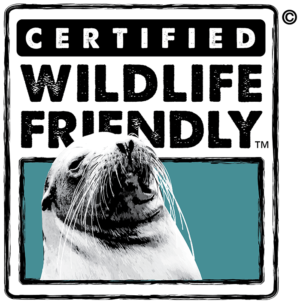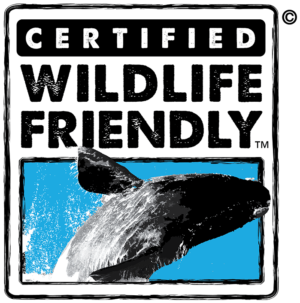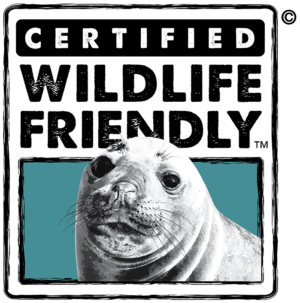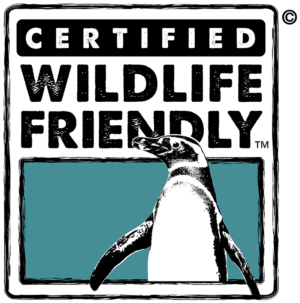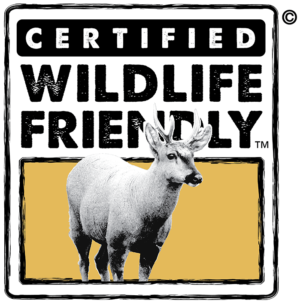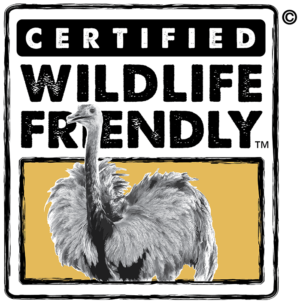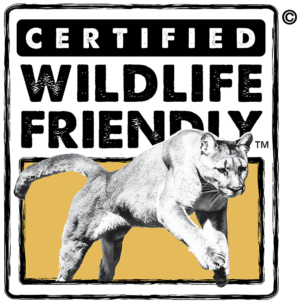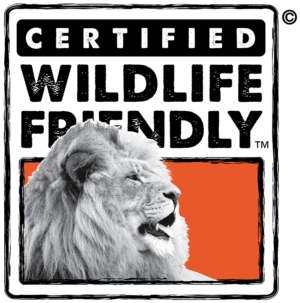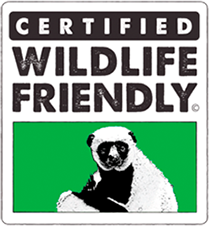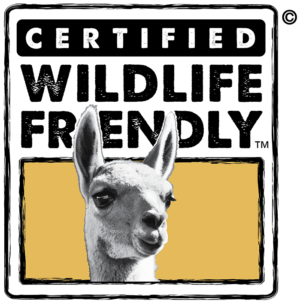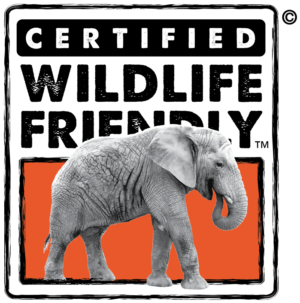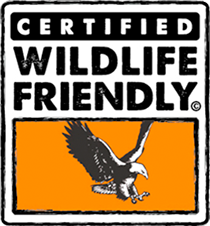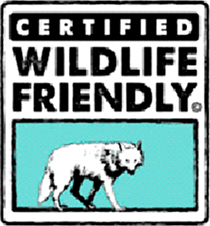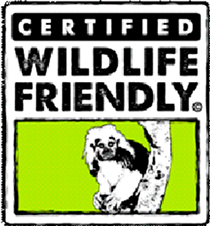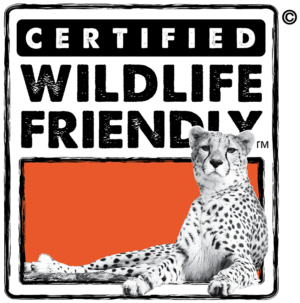Kenya
The Conflict
No hunting is legal in Kenya. However, poaching, including hunting for bushmeat—the only meat some families can access—kills tens of thousands of animals each year. Illegal snaring is indiscriminate, killing leopard, lion, hippo, elephant, cheetah, giraffe, antelope, wildebeest, zebra and baboon.
While the primary income of the Masai is from tourists who come to view wildlife, predation on Masai livestock by leopard and lion sometimes also leads to retaliatory killing by herdsmen.
The Solution
The Anne K. Taylor Fund works with the authorities in the Masai Mara National Reserve to help control bushmeat poaching and conducts community education programs on the importance of saving wildlife. Participants in the Fund’s micro-finance project enterprises play an active role in educating peers and discouraging poaching in their communities.
The Conservation Enterprise
A group of Masai women gathered through the micro-finance project bead beautiful and sophisticated Certified Wildlife Friendly™ bracelets and other beaded products, with 100% of profits returned to jewelry-makers.
With initial profits, the women invested in a maize-grinding machine to make maize-meal, their staple food. They now lease the machine to other members of the community, ensuring a steady income.
Microenterprise members have also their proceeds to build a small shop to supply basic necessities to outlying communities. Such activities help reinforce the tie between wildlife conservation and human well-being.
To inquire about purchasing Certified Wildlife Friendly™ beaded products please contact: info@aktaylor.com or 406.294.9430.
Zambia
The Conflict
Lack of Jobs & Poaching
In the Luangwa Valley of Zambia, people discovered that using snares to kill wild animals was a good substitute for farming. Thousands of animals were killed annually, often slow and agonizing deaths, strangled and cut by steel wire. Such exotic and charismatic species as the elephant, lion, wild dog, kudu and roan were vulnerable to this horrific fate as snaring replaced farming. In 2001, we conservatively estimated that between 4000 to 8000 farmers resorted to setting snares and illegal hunting (poaching) to feed and support their families. Those poaching households with firearms earned 2 to 3 times the annual income of non-hunting families ($80 yearly) in the Luangwa Valley.
The Solution
COMACO (Community Markets for Conservation) works with over 61,000 Zambian farmers across over 70,000 sq.km of the Luangwa Valley, and encompassing communal lands for 63 chiefdoms that surround five national parks to provide a solution so humans and wildlife can coexist. This revolutionary approach that uses rural-based markets and conservation farming techniques marketed under under the It’s Wild brand. COMACO provides farmers with higher prices and access to markets in exchange for abandoning poaching, and adopting specific land use practices to maintain soil fertility, choose crops that help reduce conflicts with wildlife, and commit to stop wildlife snaring or illegal hunting. All proceeds from sales are reinvested in efforts to achieve food security, increased rural income, and improved natural resource management. It’s Wild products have been sold to Walmart, General Mills and the World Food Program and regionally across Zambian retail outlets.
The Conservation Enterprises
Certified products include rice, a soy protein supplement, peanut butter, and honey – which are marketed locally and regionally – and Snarewear, jewelry crafted from snares confiscated by local farmers to protect wildlife and available to consumers globally. Consumers who buy It`s Wild! products contribute directly to the conservation of and to the welfare of small-scale farmers.
It’s Wild and COMACO websites
Facebook
Twitter
Tel: In Zambia call +260 6480 074
Email: sales@itswild.org


